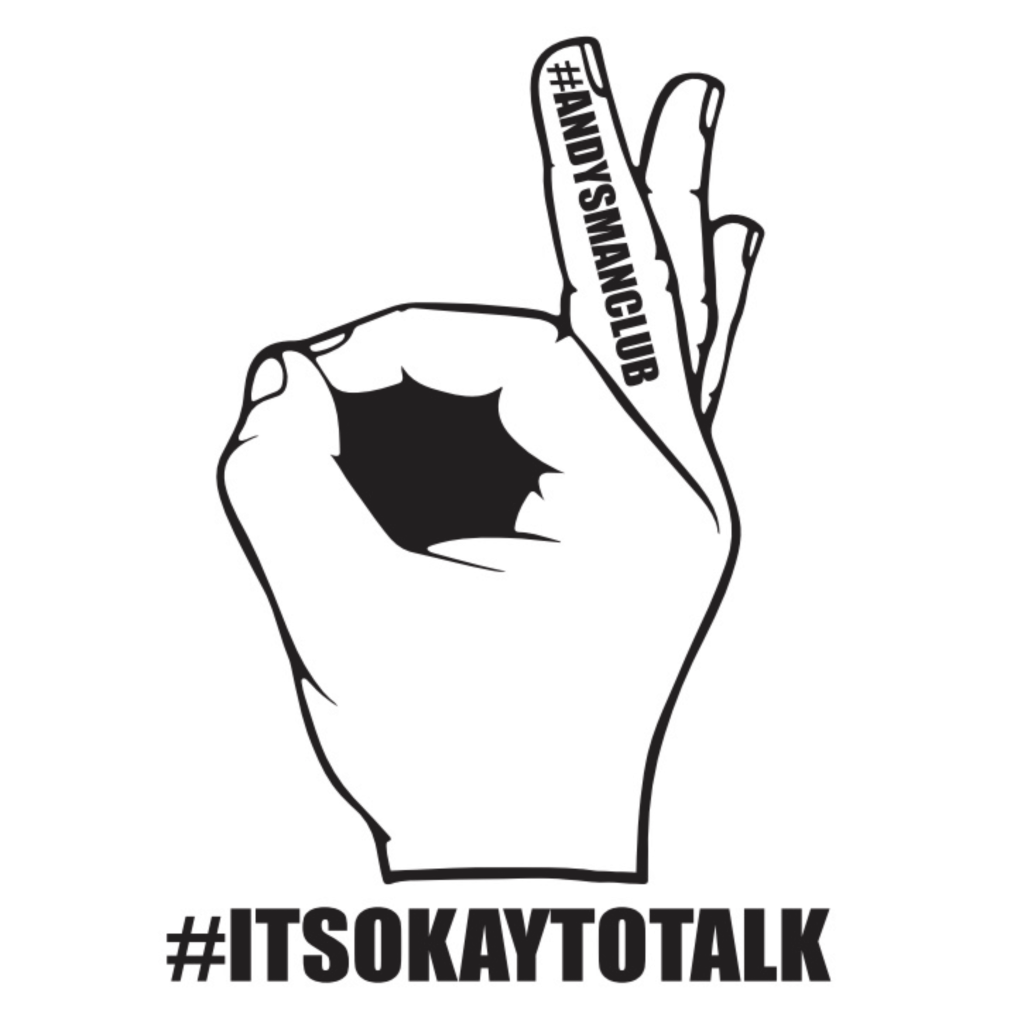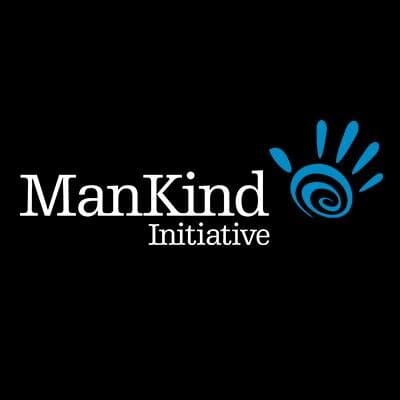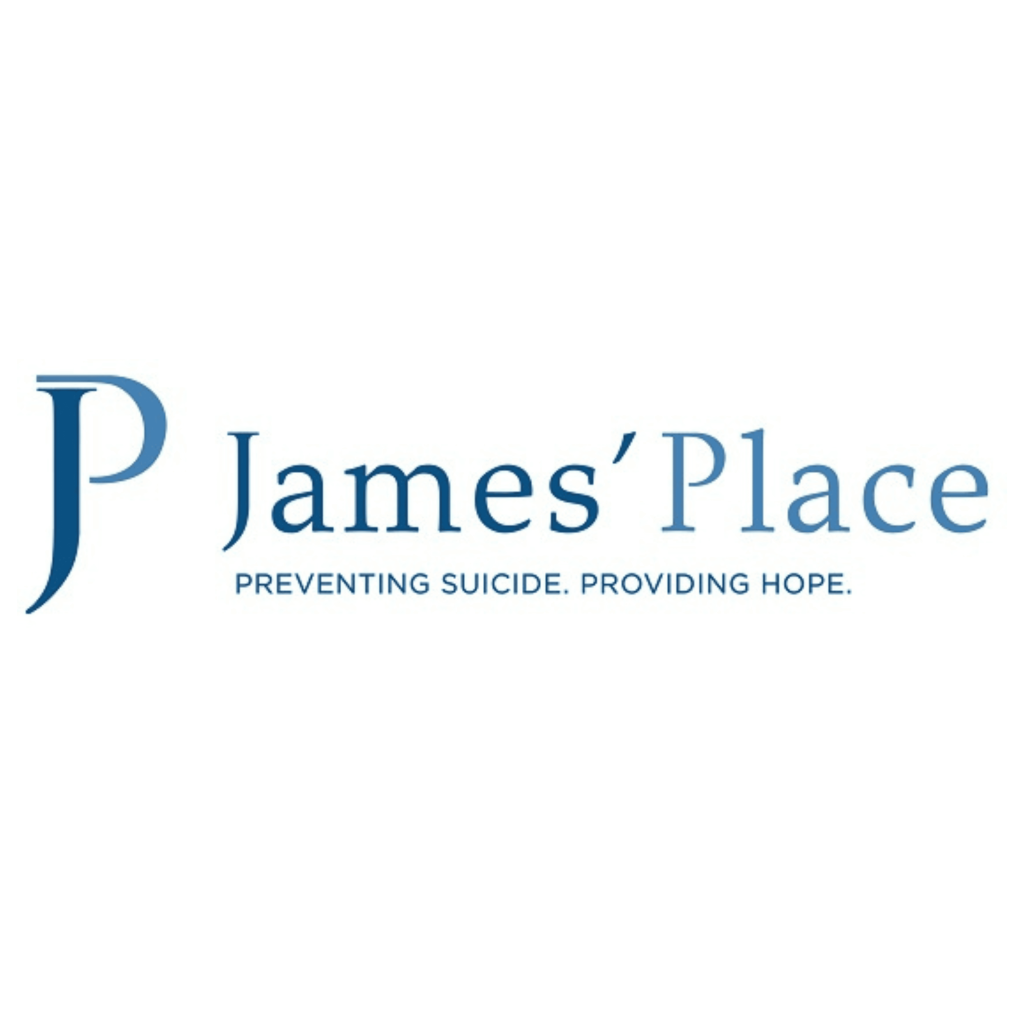Why Men Are at Higher Risk for Addiction and Compulsive Behaviours
Addiction and substance abuse affect millions of people worldwide, but men are disproportionately affected. Research shows that men are more likely than women to engage in risky substance use, develop compulsive behaviours and delay seeking help. Whether it is alcohol, drugs, gambling, pornography or other addictive habits, these behaviours can take a significant toll on mental health, relationships and overall well-being.
According to the UK government’s Adult Substance Misuse Treatment Statistics (2023):
- 73% of people in alcohol treatment are men
- 69% of those in drug treatment are men
- Men are more than twice as likely as women to have a gambling problem (Gambling Commission, 2022)
- Pornography addiction affects around 5–8% of the population, with men making up the vast majority of those seeking help (Journal of Behavioural Addictions, 2021)
Despite these alarming statistics, many men struggle to acknowledge their addiction or seek support due to stigma, shame or the belief that they must handle problems on their own.
The Link Between Addiction and Mental Health
Many addictions do not arise in isolation. Often, they are a way of coping with deeper emotional pain, stress or unresolved trauma. Men who experience anxiety, depression, PTSD or feelings of inadequacy may turn to substances or compulsive behaviours as a form of escape.
Addiction can develop as a result of:
- Emotional suppression – men who struggle to express emotions may use alcohol, drugs or compulsive behaviours to numb their feelings
- Stress and burnout – work pressures, financial strain and family responsibilities can push men toward unhealthy coping mechanisms
- Trauma and unresolved pain – past abuse, grief or childhood neglect can make addiction a way to self-medicate unresolved distress
- Social and cultural pressures – in many social circles, heavy drinking, gambling or pornography use is normalised, making it harder to recognise when it becomes a problem
Without intervention, addiction can spiral, leading to worsening mental health, strained relationships, financial instability and even physical health complications.
Recognising the Signs of Addiction
Addiction is not just about how often someone engages in a behaviour—it is about how much it interferes with their life. Some common signs include:
- Loss of control – feeling unable to stop or cut down, even when trying
- Increased tolerance – needing more of a substance or behaviour to get the same effect
- Withdrawal symptoms – experiencing anxiety, irritability or distress when not engaging in the addiction
- Neglecting responsibilities – work, relationships or personal goals taking a backseat
- Secrecy and defensiveness – hiding use from loved ones or getting defensive when confronted
- Continuing despite negative consequences – knowing it is causing harm but struggling to stop
Recognising these signs is the first step toward change. The next step is understanding that help is available and recovery is possible.
Breaking Free from Addiction
Addiction recovery is not about willpower alone—it is about addressing the root causes, building healthier coping mechanisms and creating a support system.
Acknowledge the Problem Without Shame
Many men delay seeking help because they feel ashamed or weak. Addiction is not a moral failing—it is a complex issue influenced by biology, environment and personal experiences. Accepting that there is a problem is the first step toward healing.
Identify Triggers and Emotional Patterns
Understanding what drives addictive behaviours is crucial. Are substances used to cope with stress? Does gambling provide an adrenaline rush that masks deeper emotional pain? Identifying these patterns helps develop healthier ways to respond to triggers.
Develop Alternative Coping Mechanisms
Replacing addiction with healthier habits can make recovery easier. Some effective strategies include:
- Exercise and physical activity to manage stress
- Practising mindfulness and meditation for emotional regulation
- Engaging in new hobbies or skills to redirect focus
- Building a strong social support network
Seek Support from Others
No one has to go through addiction recovery alone. Talking to a trusted friend, family member or professional can provide much-needed encouragement and accountability.
How Therapy Can Help with Addiction Recovery
Therapy plays a crucial role in helping men overcome addiction, not just by stopping the behaviour but by addressing the underlying issues that fuel it. Many men find that therapy helps them:
- Understand the root cause of their addiction – whether it is stress, trauma or emotional avoidance, therapy helps uncover the deeper reasons behind compulsive behaviours
- Develop healthier coping mechanisms – learning new ways to manage stress, anxiety and emotions without relying on substances or compulsions
- Repair relationships – addiction often damages personal and professional relationships, but therapy can help rebuild trust and communication
- Create a long-term recovery plan – therapy provides strategies to prevent relapse and maintain progress
Recovery is possible, and seeking help is a sign of strength, not weakness. Men’s Therapy Hub connects men with therapists who understand addiction and can provide the support needed to break free from compulsive behaviours.
If you or someone you know is struggling with addiction, remember that change is possible. No one has to face it alone. The journey to recovery starts with one step.















